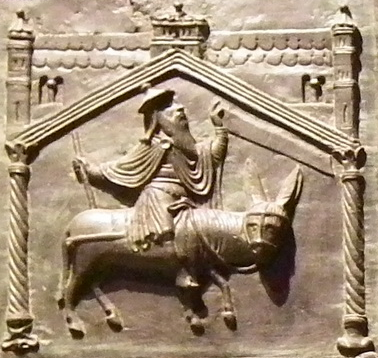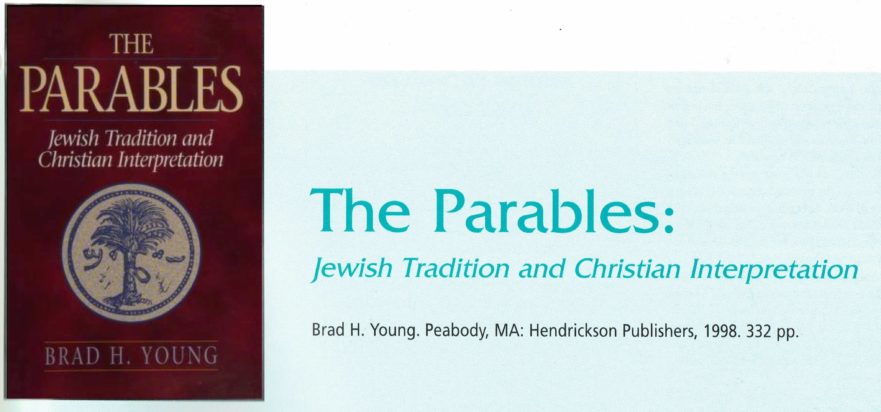Revelation 2:12-16 is one of those occasions when it is necessary for the Christian reader to be familiar with first-century Jewish interpretation of an Old Testament account.
Let Him Who Is Without Sin…
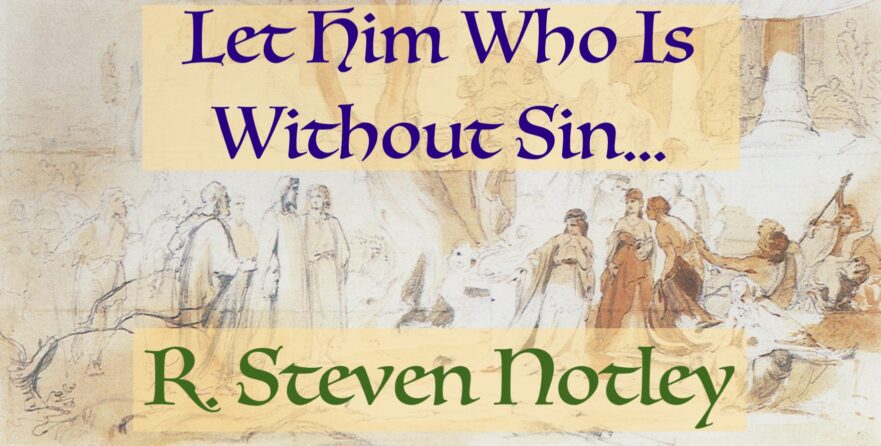
When the story of the woman caught in adultery (John 7:53-8:11) is read within the setting of the Second Temple period, it resonates with authentic attitudes and issues.
Something Greater Than the Temple
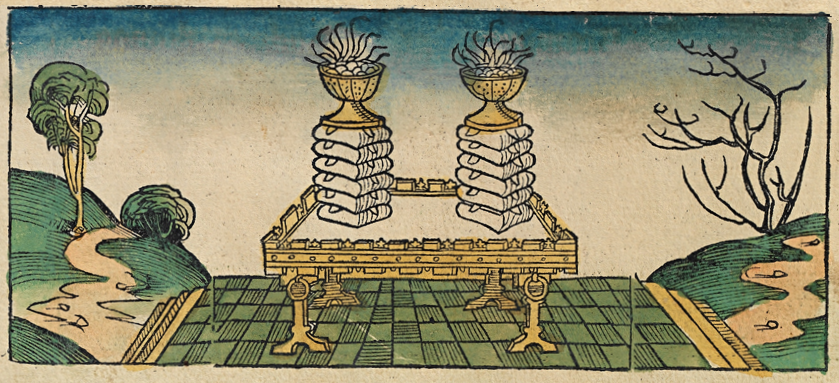
In Jesus’ statement about the Temple he did not speak of himself, he spoke of the needs and value of his disciples.
The Man Who Would Be King

Scholarship has recognized the similarities between the Parable of the Talents and the historical account of Archelaus’ attempts to inherit the kingdom of his father, Herod the Great. When Herod died, Caesar Augustus divided the kingdom between Herod’s three sons, Archelaus, Antipas and Philip.
“Give unto Caesar”: Jesus, the Zealots and the Imago Dei
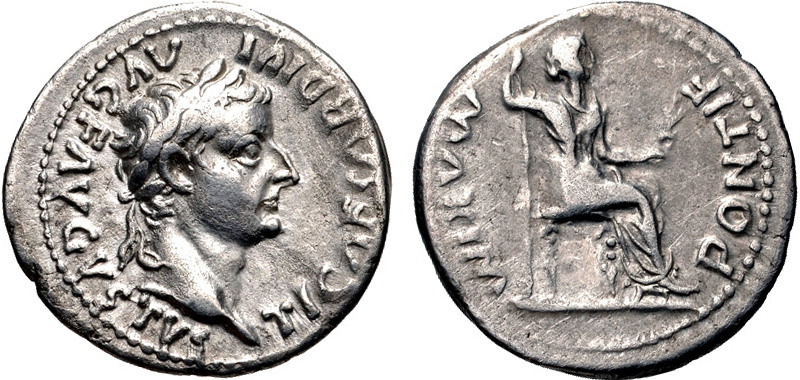
The retorts of Hillel and Jesus exemplify innovative developments in Jewish thought during the Second Temple period, developments that were established on the biblical notion that man was created in the image of God—Imago Dei (Gen. 1:27).
Were the Pharisees “Legalistic”?

If we define legalism as “works righteousness,” then we cannot apply it to the Pharisees, because the Pharisaic understanding of piety was not based upon this concept.
666: One Number or Three?
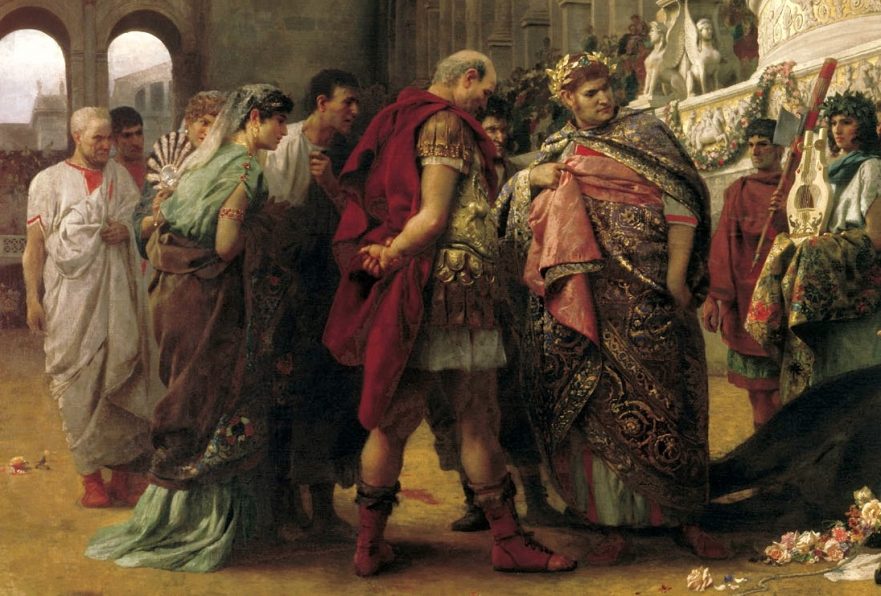
Any objective reading of Revelation can hardly fail to see the importance of this number within the author’s web of historical signifiers.
Beyond an Inheritance

Could it be that the original integrity of Jesus’ message about the Kingdom of Heaven was later compromised by the presence of other expectations of a messianic-eschatological character that circulated promiscuously in early Christian communities?
The Transparent Agenda
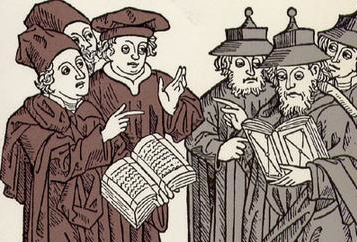
As practitioners of Jesus’ teachings, our conduct certainly should be characterized by charity, but a helping hand with strings attached or expectations appended is not pleasant. This constitutes one of the mysterious aspects of the kingdom of heaven. It is The Transparent Agenda, a mandate to do good to all without prejudice and without expectations.
The Season of Redemption

In the face of a national disaster, hope remained. Summer and its ripe figs—signs of future redemption—would come.
Sidebar: Helen Twena Discusses the Salome Portrait on JP 55’s Cover

I portrayed Salome by means of a bold, modernistic collage.
With All Due Respect…
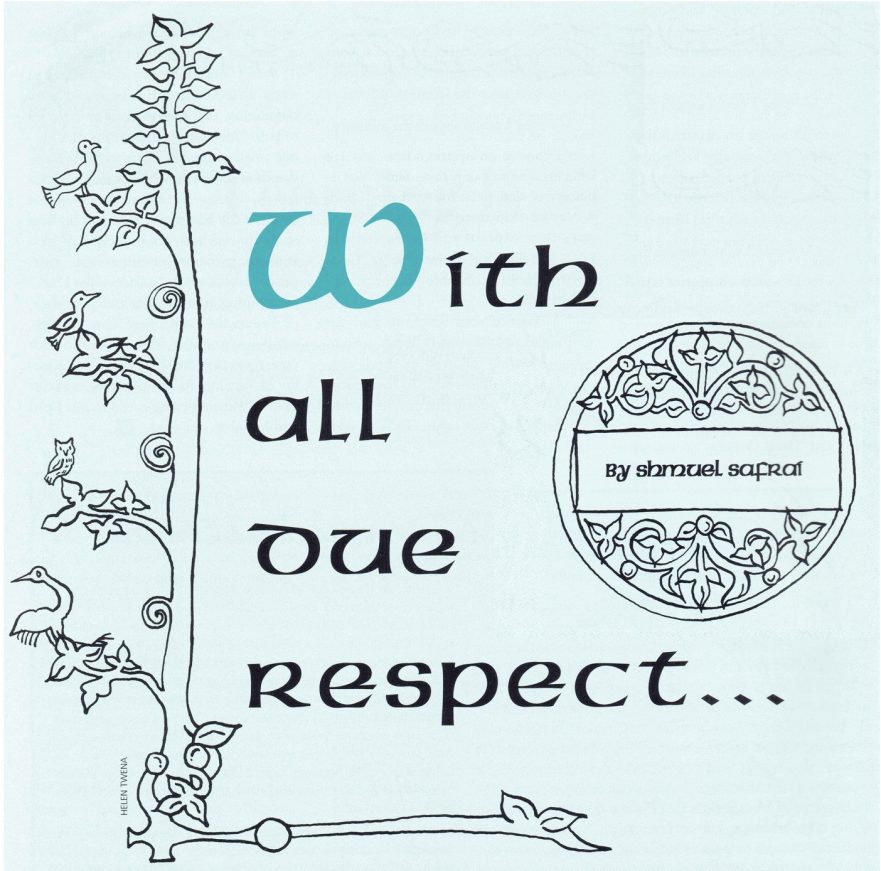
The relationship between a sage and his disciple may be characterized both as that of a father to his son, and of a master to his servant. In effect, a disciple indentured himself to his teacher. Traveling with and attending to him, a disciple remained with his teacher twenty-four hours a day, three hundred sixty-five days a year. The etiquette governing the teacher-disciple relationship is a fascinating subject. In this article, Shmuel Safrai explores one aspect of that relationship: To what extent could an advanced disciple differ from the opinions of his teacher?
Medieval Jargon on First-century Lips
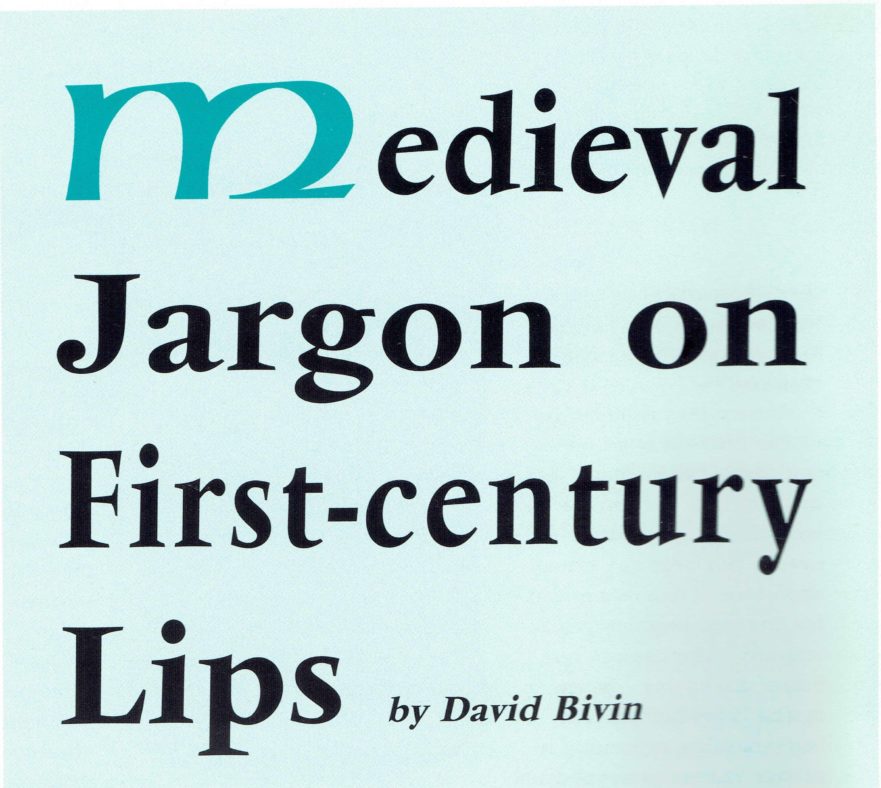
The following article is an attempt by the author to explain and correct an unfortunate choice of terminology early in his career. That poor choice may have influenced others as they were formulating their own ideas on ancient Jewish hermeneutics. While doing so, they tapped a rather startling source in support of their conclusions.
Parables of Ill Repute
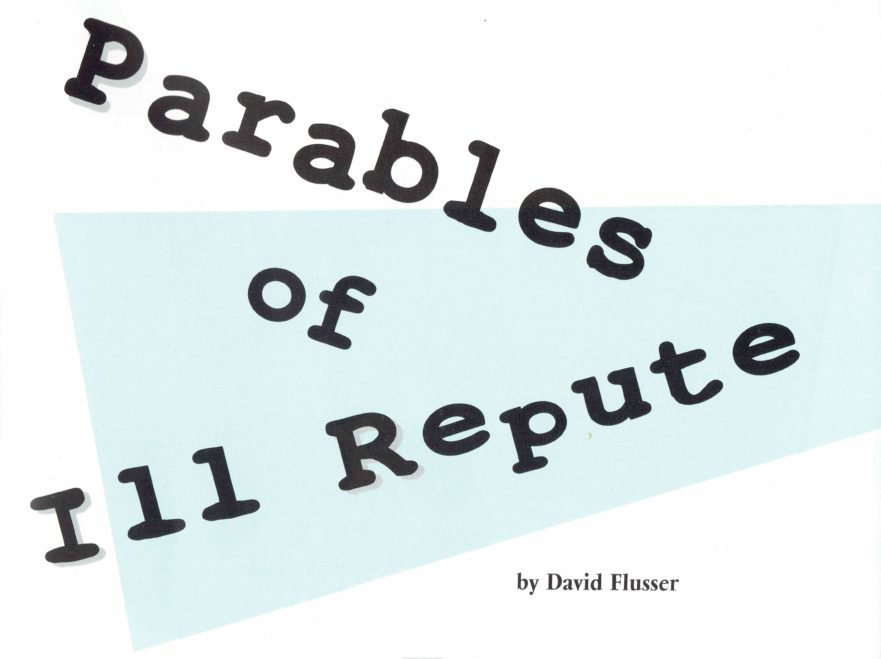
In rabbinic parables God could be portrayed as behaving in a morally ambiguous manner: he might be a cruel slave owner or a heartless judge. In a few Lukan parables, Jesus also portrayed God as behaving scandalously. Often unsettling for modern readers, such portrayals added humorous elements to the plot and heightened the dramatic effect.
Learning Is for Life

Sharing personal insights from his own spiritual journey and his study of the Scriptures, the late Dwight Pryor, founder of the Center for Judaic-Christian Studies, reflects on the life of Jesus for Christian readers of JP.
Us and Them: Loving Both
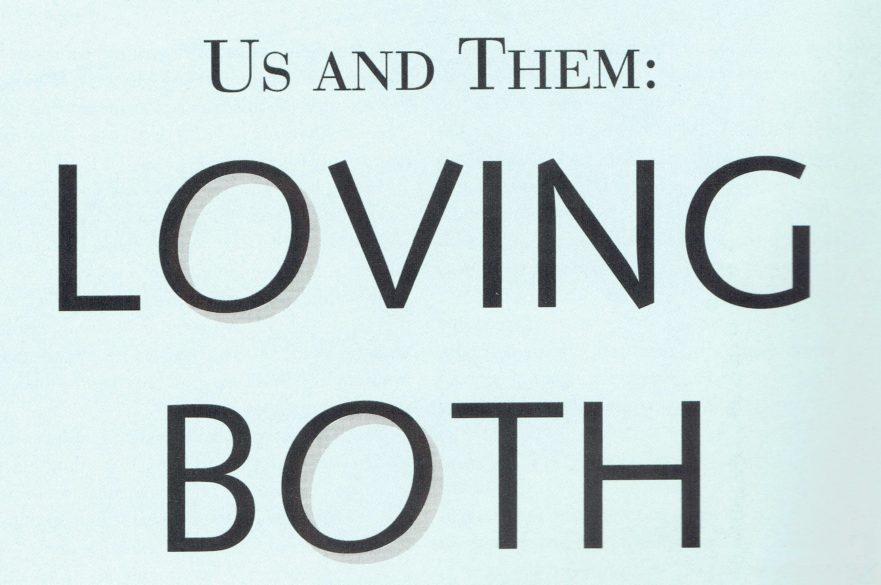
In ancient Roman society, the taking of revenge on an enemy was considered a commendable deed, but Jesus encouraged his followers to “Love your enemies.”
Design and Maintenance of First-century Ritual Immersion Baths
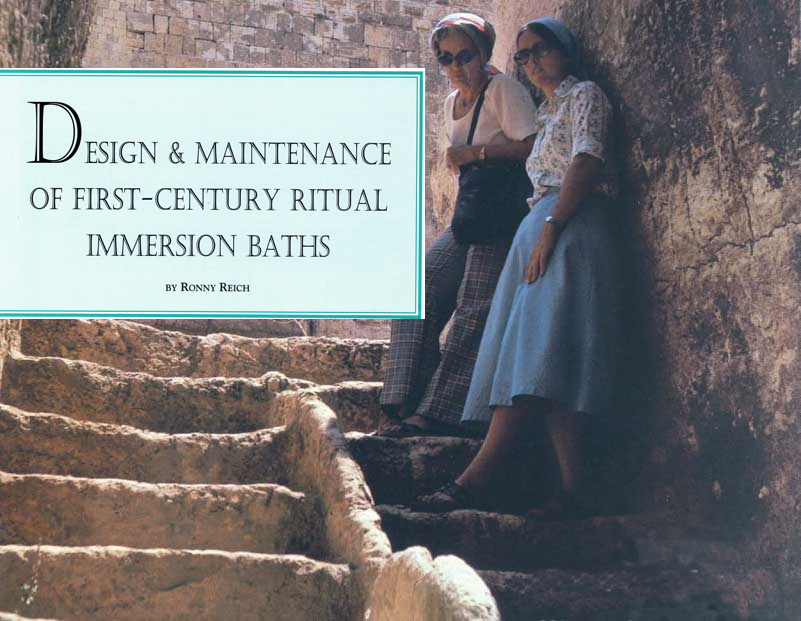
Archeologists and other scholars have not written prolifically about ancient mikvaot (or ritual immersion baths). Nevertheless, ritual immersion in the first century A.D. constitutes an important element of the overall historical, social and religious background of the New Testament. Here, Ronny Reich explains in non-technical language the intricacies of the design and maintenance of ancient mikvaot.

